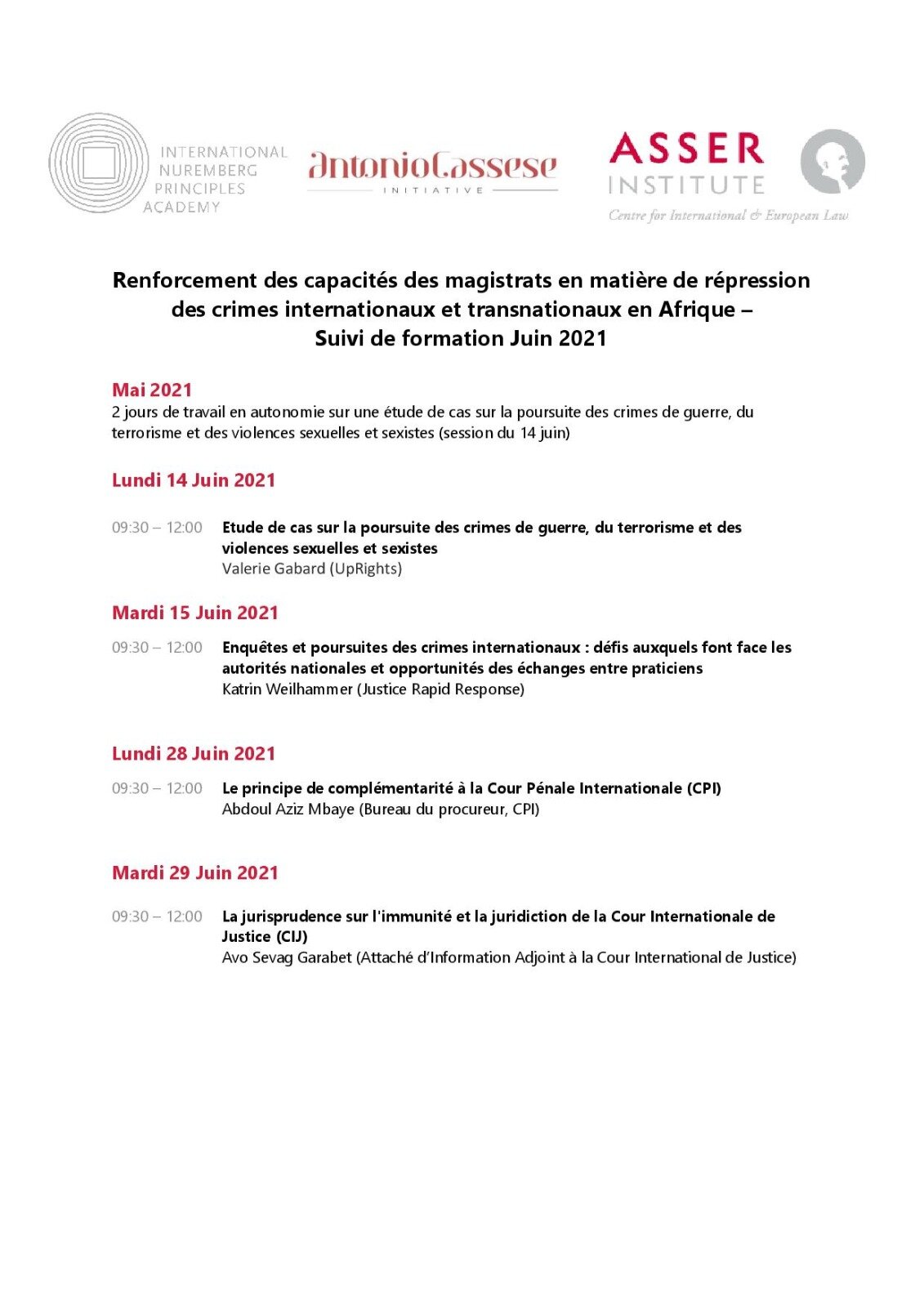UpRights is pleased to share a new position paper entitled “Towards a Better Migrant Protection Framework Along the Central Mediterranean Route: Human rights implications and necessary revisions of the Memorandum of Understanding Between Italy and Libya”.
Read the full Position Paper.
The paper considers the human rights implications of the Memorandum of Understanding (MoU) signed between Italy and Libya on 2 February 2017 in which Italy committed to support and strengthen Libyan authorities’ ability to perform rescue missions and intercept migrants attempting to cross the Mediterranean Sea.
The position paper highlights that the implementation of the MoU by Italy is in violation of its obligations under international human rights law. The paper recommends that Italy amend the MoU to ensure that cooperation with Libya is consistent with its international obligations. Should such amendments be impossible, Italy must suspend or terminate the MoU to ensure it is in compliance with relevant international obligations.
As detailed in the paper, the MoU has empowered Libyan authorities, particularly the Libyan Coast Guard, at the expense of migrants’ human rights. Migrants recovered at sea by the Libyan Coast Guard have been and continue to be subjected to serious forms of mistreatment by the Libyan Coast Guard and the armed groups in charge of the detention centres where migrants are later transferred after disembarking in Libya. They are subjected to various forms of ill-treatment, including arbitrary arrest, torture, inhuman treatment and sexual violence. In addition, Libyan authorities have been directly implicated in the business of trafficking of migrants.
Despite awareness of the abuses faced by migrants rescued at sea by the Libyan authorities, the Italian authorities have not undertaken any measures to prevent the commission of further human rights violations. On the contrary, the MoU was tacitly renewed in February 2020. In addition, on 15 July 2021, the low chamber of the Italian Parliament (Camera dei Deputati) authorised once again the financing of the Libyan Coast Guard pursuant to the MoU. This decision will be effective once ratified by the high chamber of the Parliament (Senato).
The paper considers the potential Italian liability emanating from the MoU in light of the conduct of Libyan authorities including potential violations of the United Nations Convention against Torture and other Cruel, Inhuman or Degrading Treatment or Punishment, the International Covenant on Civil and Political Rights and possibly the European Convention on Human Rights. Indeed, the Italian Government’s material support for the Libyan authorities, without due regard for the human rights of those whom their actions affect, attracts its responsibility under these instruments.
This paper recommends that Italy’s cooperation with Libya must be reframed consistently with its human rights obligations and in light of the recommendations formulated on numerous occasions by different international organisations including the Committee Against Torture and the Council of Europe.
In particular, Italy should amend the current MoU to include a human rights clause specifying that the respect of human rights, and possibly of international humanitarian law, is an essential element of the respective treaty. The provision must allow the parties to suspend or terminate the treaty in case of persistent violations of the clause and should, at a minimum, incorporate:
1. The establishment of an independent body or organ in charge of monitoring and evaluating of human rights and international humanitarian law compliance by the parties in the execution of the MoU;
2. A list of mitigating measures which parties may seek in the event of human rights violations to address such violations and ensure non-repetition;
3. The implementation of a legal framework to facilitate effective access to justice for those who suffered human rights violations connected to the support provided by Italy on the basis of the MoU.
Should amendments consistent with these principles be unable to be introduced in the MoU, the paper concludes that the only viable alternative which can ensure Italy is not held responsible for the human rights violations committed by the Libyan authorities would be to terminate or suspend the MoU.

